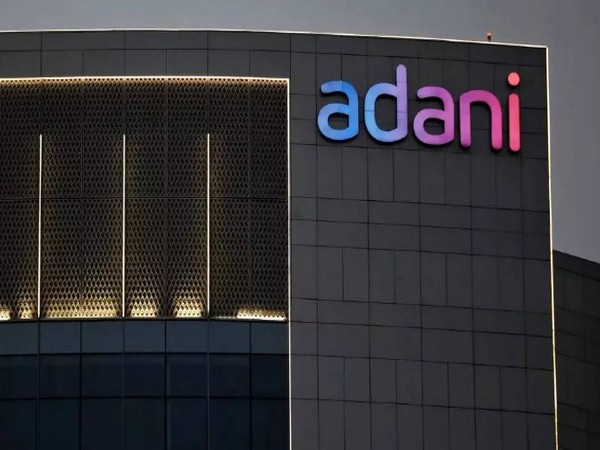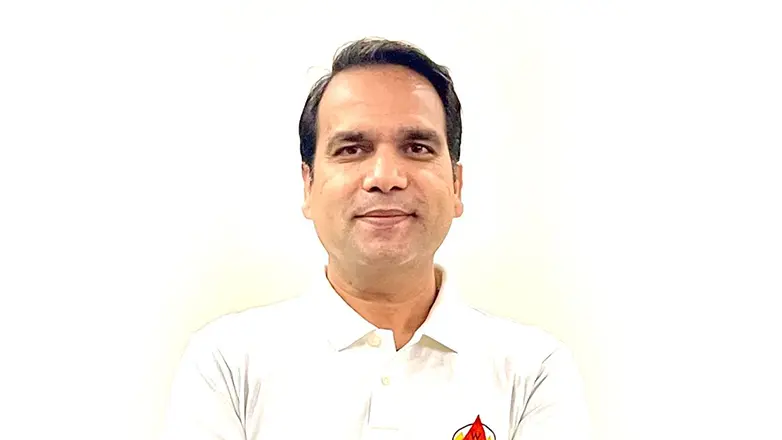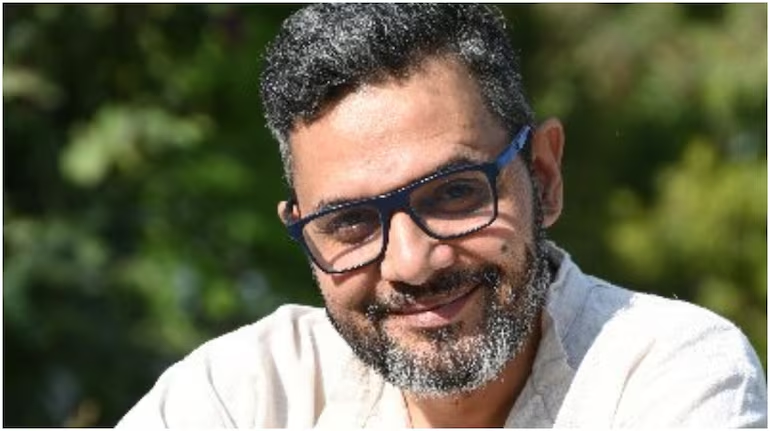The Adani Group is set to commission 10 gigawatts of overseas hydroelectric projects over the next few years, according to four sources close to the plan, Reuters reported. This is part of the conglomerate’s effort to reach net zero carbon emissions by 2050.
Gautam Adani, the billionaire owner of the group, which has interests ranging from rice to cement, announced in 2022 that the company would invest $100 billion over the next decade to bolster its green energy capabilities. Those plans include designs for the world’s largest solar energy park in western India.
The Adani Group has been scouting opportunities in hydroelectric power generation in various countries, including Nepal, Bhutan, Kenya, Tanzania, the Philippines, and Vietnam. According to the sources, who have chosen to speak exclusively to Business Standard and wish to remain anonymous as the matter being discussed is private, the group is mainly working on pumped hydro storage in India but is looking for regions known for suitable topography and high demand for hydropower.
The group currently operates 11.2 gigawatts of renewable energy projects through its green energy arm. It is planning to raise its capacity by an additional 50 gigawatts by 2030, as stated on the company’s website.
Although the Adani Group did not respond to requests for comment, one source added, “The evaluation process is underway in some countries. The group is mainly liaising with governments and some private parties as well.”
In June, Gautam Adani said the group had entered into an agreement with the government of Bhutan to construct a 570-megawatt hydropower plant in Chhukha province. Work can start immediately at Chamkarchu in Bhutan, as all necessary approvals are already in place.
It is negotiating with developers who have rights to build power projects in Nepal, which will export power from both Nepal and Bhutan into India. This is particularly relevant, considering that Indian power demand is likely to peak as the Indian economy grows with renewed vigor.
In addition, Adani has established business interests in Kenya, Tanzania, the Philippines, and Vietnam, where it has identified potential sites and is conducting numerous feasibility studies and detailed project reports.
The following governments—Nepal, Bhutan, Kenya, Tanzania, the Philippines, and Vietnam—did not comment on these developments to Reuters.
As the expansion of his interests continues, Adani is committing $1.85 billion to lease and operate Kenya’s international airport and plans to invest $3 billion in seaport and renewable energy projects in Vietnam. Earlier this year, his group signed a 30-year concession agreement with the Tanzania Port Authority to operate a container terminal.






















